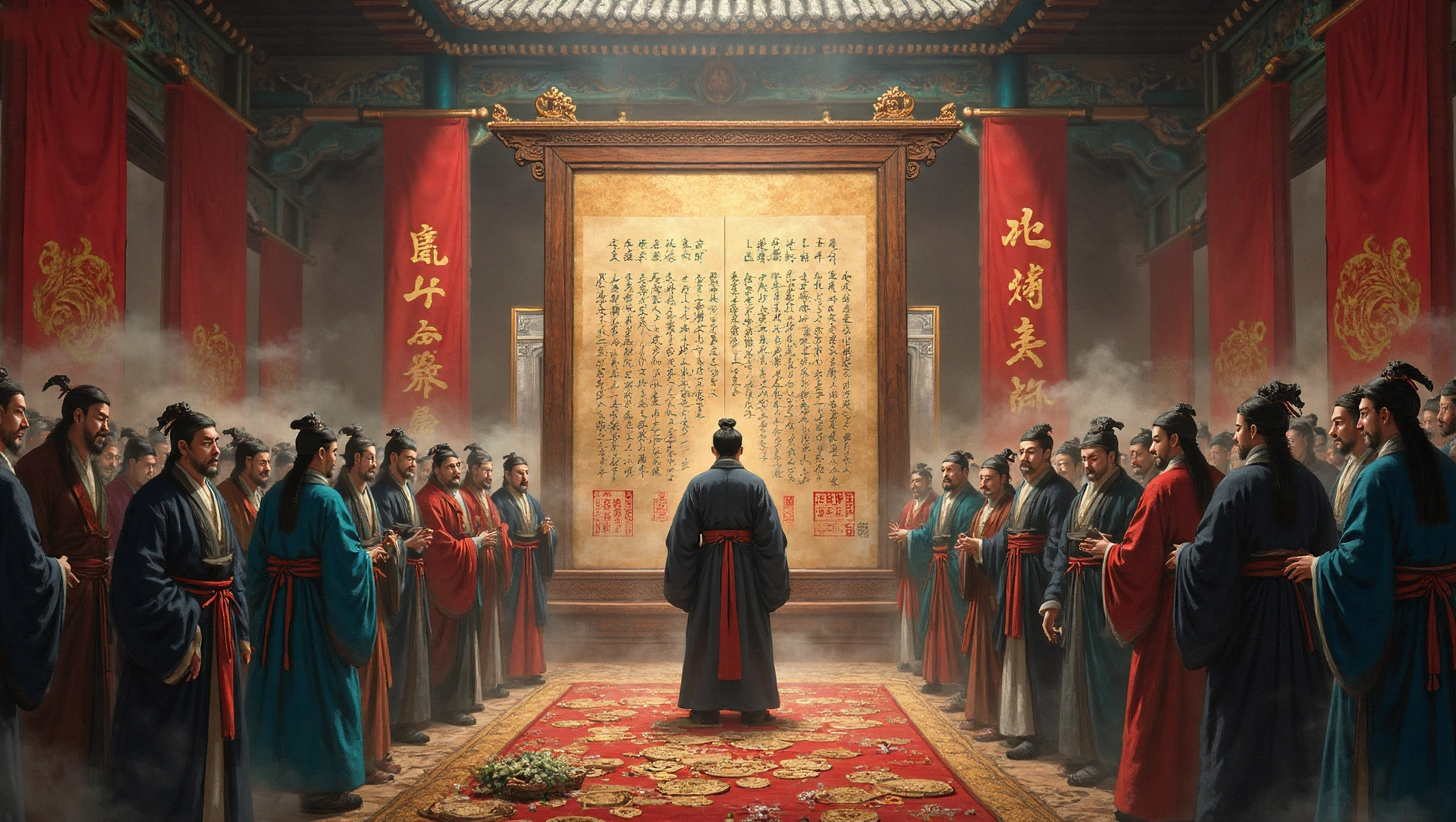Idiom story ——一字千金

Once upon a time in the late Warring States period, there was a wealthy merchant named 吕不韦 (Lǚ Bùwēi) in the Qin state. He once supported King Zhuangxiang of Qin and arranged for his concubine Zhao Ji to marry him. After King Zhuangxiang's death, his 13-year-old son Zheng (later Qin Shi Huang) ascended the throne, with Lü Buwei holding great power.
Lü Buwei gathered 3,000 scholars and compiled their ideas into a book called Lü’s Spring and Autumn. He publicly displayed this book in the Qin capital Xianyang and offered a reward of a thousand gold pieces to anyone who could add or subtract a single character from it. This story is recorded in Records of the Grand Historian (“Shiji”).
This inspired the idiom “一字千金” (One character worth a thousand gold pieces), which praises a text for its precious value and exquisite wording, meaning every word is priceless and perfect.
Summary
- Idiom: 一字千金
- Pinyin: yī zì qiān jīn
- Literal Translation: one character worth a thousand gold pieces
- Extended Meaning: Used to praise a written work for its high value, excellent rhetoric, and perfection that cannot be altered without loss.
Character Introduction
-
吕不韦 (Lǚ Bùwēi)
A powerful merchant and politician in the Qin state who compiled Lü’s Spring and Autumn and promoted scholarly work to strengthen his political power. -
秦始皇 (Qín Shǐhuáng)
The first emperor of a unified China, son of King Zhuangxiang, raised under the influence of Lü Buwei.